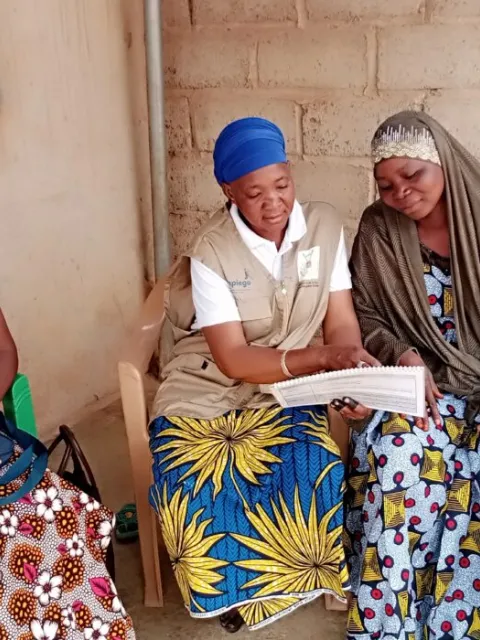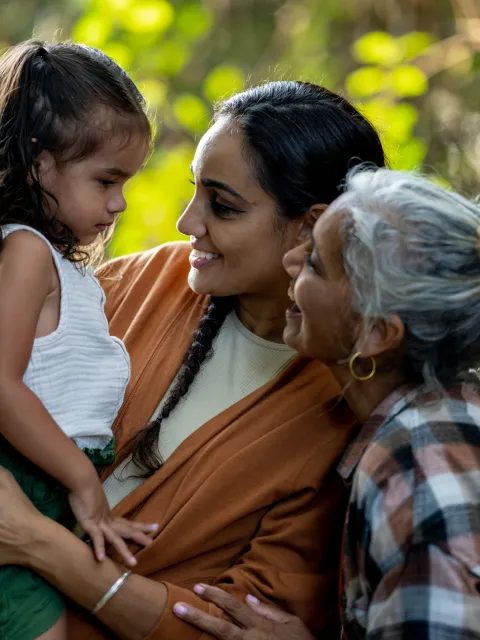New report on investing in women’s cancers in the Asia-Pacific region
White paper by Economist Impact reveals actionable insights and positive initiatives for breast and cervical cancer care.

Economist Impact has released a new white paper, commissioned by the Asia-Pacific Women's Cancer Coalition, titled ‘Impact and opportunity: the case for investing in women’s cancers in Asia-Pacific’. The study delves into the burden, care pathways and policy environment surrounding these cancers, with a focus on six countries in the region – India, Indonesia, Malaysia, Philippines, Thailand and Vietnam.
Preliminary findings of the white paper were presented at UICC’s Regional Dialogue for Asia-Pacific on women’s cancers, held in May in Manila, Philippines. The full launch of the paper took place via a webinar, held by the Coalition, in which UICC’s Director of Capacity Building, Kirstie Graham, participated as one of the speakers.
“This white paper on women’s cancers in the APAC region provides further country-specific knowledge and key insights to help stimulate and prioritise action. Building on the foundational and pivotal global strategies that are in place for breast and cervical cancer, the new innovative tools and latest recommendations, it is critical now that we work collectively with countries, across sectors and communities – HIV, maternal health, gender – and in a holistic and integrated manner to drive action. In this context, civil society organisations play a crucial role, driving political advocacy and holding governments to account, raising awareness and shaping patient-centric services, as just a few examples."
– Kirstie Graham, Director of Capacity Building, UICC
In 2020, Asia represented 45% of the 2.3 million global breast cancer cases and over half of the cervical cancer cases. Breast cancer mortality is also rising in all countries of the region, predicted to rise by nearly 20% by 2025 (compared to 2020) in countries such as Indonesia and the Philippines.
The Economist Impact paper underscored several pivotal trends in cancer prevention, diagnosis, treatment, and education across the Asia-Pacific region. It is supplemented with country-specific case studies highlighting areas of excellence and priority areas for action in various nations to inform policymakers and health authorities.
Diagnostic and resource capacities are stretched thin in many places due to limited health systems and workforce, while the region generally fares well in terms of treatment accessibility, largely thanks to substantial public-sector coverage and the ready availability of vital cancer medications. On the education and awareness front, there's a commendable presence of effective patient organisations and cancer awareness initiatives, with variations in the quality of prevention and screening measures.
Ultimately the white paper focuses on eight primary recommendations. These highlight a need to better track policy and programme outcomes, implement alternative healthcare funding models, increase political focus on women’s cancers, and create tailored healthcare programmes that cater to the diverse populations of the region.
As highlighted at the launch of the white paper, UICC's recent Regional Dialogue on women's cancers in Asia-Pacific included a focus on technical assistance opportunities in the region. These opportunities are noted in the Regional Dialogue report and are aligned with many of the recommendations in the Economist Impact white paper.
Access the Economist Impact white paper and country-specific case studies
Last update
Wednesday 23 August 2023
